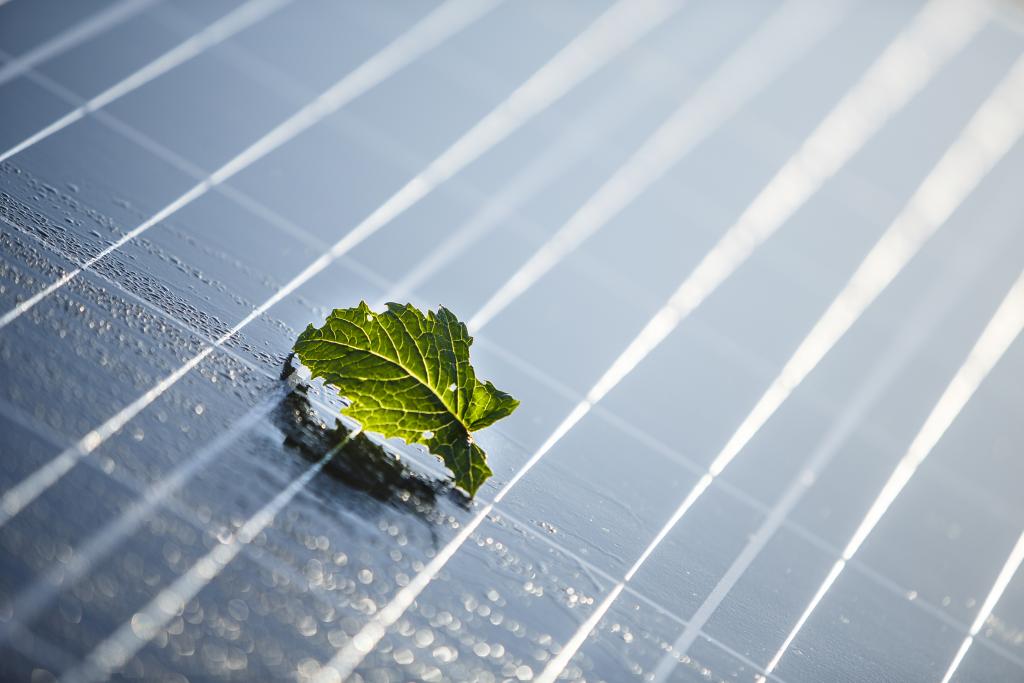Discussing the matters relating to the financing of the transformation of the energy sector was the main objective of the debate organised by Energy Post in cooperation with the Polish Electricity Association (PKEE). The meeting, attended by the European Union officials, think tanks and the representatives of the European energy sector companies took place on 18th of May, 2021.
During the high-level panel, the participants - Stefaan Vergote, Senior Advisor, DG CLIMA European Commission; Pieter de Pous, Senior Advisor, E3G; Catherine Banet, Associate Professor, University of Oslo and Academic Fellow, Centre on Regulation in Europe (CERRE) and the Director of the PKEE, Tomasz Dąbrowski - discussed how to ensure a successful energy transition in Europe. Moreover, the debate focused on upcoming ‘Fit for 55’ package and the role of gas as a transition fuel.
Tomasz Dąbrowski, Director of the Polish Electricity Association has stressed that the EU’s goal to reach climate neutrality by 2050 and its intermediate objective of 55% emissions reduction by 2030 will require significant financial resources to invest in zero- and low-carbon technologies. The biggest burden will be put on the still coal-reliant countries of Central and Eastern Europe. - To successfully implement the ‘Fit for 55’ package in Poland we agreed that the new design of the energy system will be based on renewable energy sources, in particular large-scale offshore, onshore and PV. In a transitional period, natural gas will play an important role in ensuring security of supply and as RES backup capacities - he added. To successfully implement the 'Fit for 55' package, a new energy system structure will be built in Poland, based on renewable energy sources, in particular large-scale offshore and onshore wind farms and photovoltaics. In the interim period, natural gas will play an important role in ensuring security of energy supply and will provide a backstop for unstable RES capacity. - he clarified.
During the discussion on the EU ETS, the Director of the PKEE noted that every week brings new records in emission allowances price. - For sure it will not speed up our green investments’ agenda since we have to cover these costs in the first place which results in limiting our capabilities to invest in new renewable generation. On the other hand, we observe the growing volatility of the EU carbon market, driven also with increasing speculation. In our opinion, the EU ETS seems to be unarmed against it and is losing its main environmental, not a fiscal objective - he clarified. - We need to find more accurate allocation key by using the increased Modernisation Fund to address this evident imbalance. Otherwise, low-income countries will not have sufficient revenues in their national budgets to finance the energy sector and industry transition, as they cannot simply transfer those costs to end-users - he explained.

